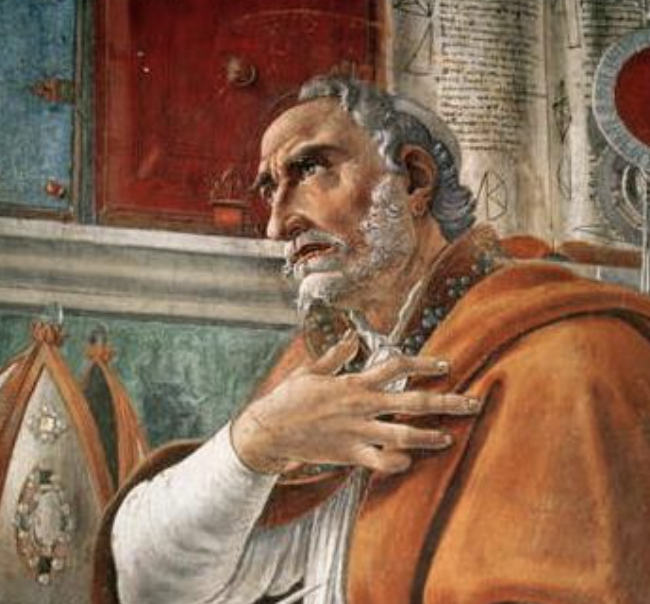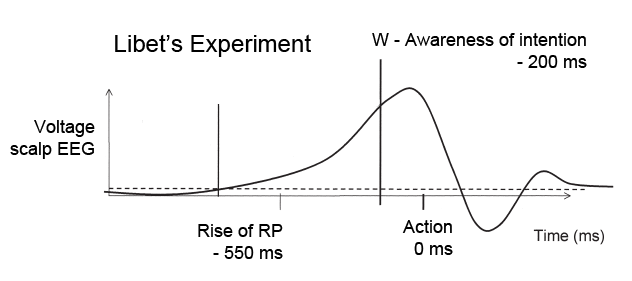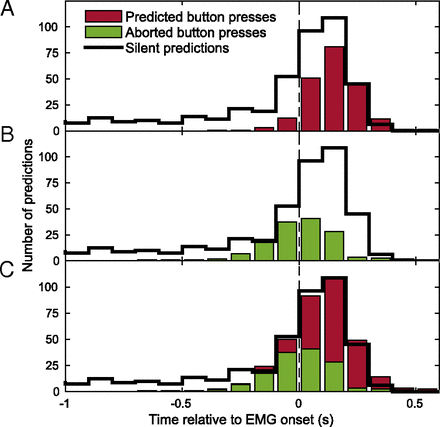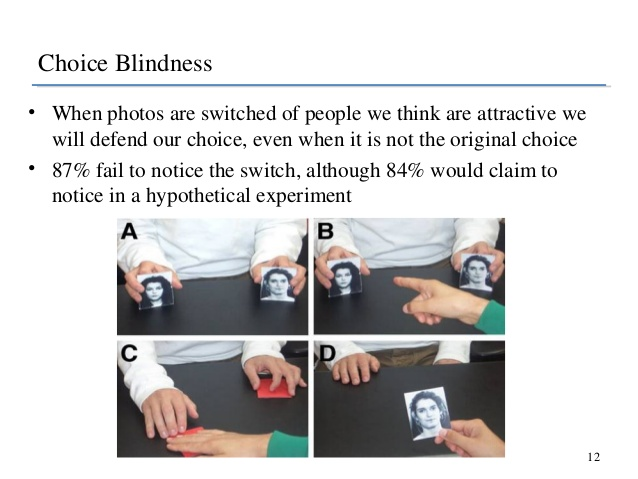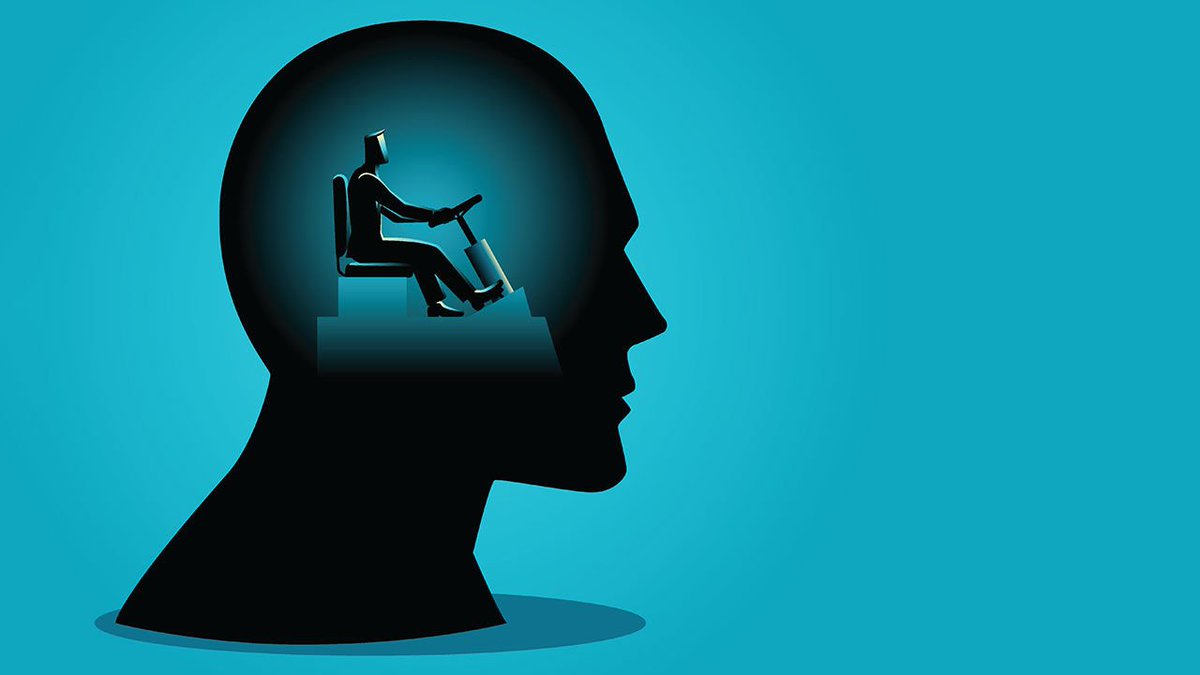Thread: Can we now answer the age-old question of "free will" with neuroscience? 

Augustine first asked this question in the 4th century
Fast-forward now 1700+ years, we now have more advanced tools / equipment (brain scans, EEGs, etc) to understand if any more insights can be garnered from a physiological standpoint
Fast-forward now 1700+ years, we now have more advanced tools / equipment (brain scans, EEGs, etc) to understand if any more insights can be garnered from a physiological standpoint
Libet experiments (1980s) showed that our conscious awareness of action came only after neural activity of intention
ie, if I asked you when you first become aware of raising your hand, there would be neural activity signifying intent before you were even conscious of it
ie, if I asked you when you first become aware of raising your hand, there would be neural activity signifying intent before you were even conscious of it
This was originally seen by determinists as a strong argument against free will
However, recent studies also indicate that there is room for a "conscious veto". You can successfully cancel your original intention up to 200 ms before you actually act, even after neural signal
However, recent studies also indicate that there is room for a "conscious veto". You can successfully cancel your original intention up to 200 ms before you actually act, even after neural signal
Therefore, instead of dismissing free will entirely, perhaps we instead have a "window of opportunity": freedom to change the course of our more "deterministic" fates.
Another related experiment is the choice blindness experiment, where the brain finds a way to explain pre-made decisions
Because we are still able to explain the choices that we didn't necessarily choose, this gives us an illusion of agency in the moment of decision-making
Because we are still able to explain the choices that we didn't necessarily choose, this gives us an illusion of agency in the moment of decision-making
In other words, if we are not particularly intentional about the choices we make, we are more or less on auto-pilot mode (not utilizing our "conscious veto" efforts), and end up rationalizing in retrospect!!
But I don't think that this is necessarily a bad thing..
But I don't think that this is necessarily a bad thing..
It just means that some actions have been subjugated to subconscious process to make more room for more intentional processes
This is somewhat out of necessity given the amount of choices we have to make on a daily basis (read: preventing decision fatigue)
This is somewhat out of necessity given the amount of choices we have to make on a daily basis (read: preventing decision fatigue)
To prevent furthering dangerous biases, we can always use our "conscious veto" powers to put ourselves in specific training environments or structure good habits
ie, focusing on exercising our "freedom of action" on the 10% of life that have more relative impact on the other 90%
ie, focusing on exercising our "freedom of action" on the 10% of life that have more relative impact on the other 90%
Free will is different from free action:
"Will" can be subconsciously catalyzed by the neural signals (mental reflexes), but...
"Action" / behavior takes into account the extra step of being able to consciously change the outcome, or "veto" the original seed of desire
"Will" can be subconsciously catalyzed by the neural signals (mental reflexes), but...
"Action" / behavior takes into account the extra step of being able to consciously change the outcome, or "veto" the original seed of desire
So in summary, my view is this: while we may not exercise "free will" most of the time (and therefore does not exist in auto-pilot mode), it still exists in an underlying dimension
We can activate the agency we have in certain situations, but we must be intentional about it
We can activate the agency we have in certain situations, but we must be intentional about it

 Read on Twitter
Read on Twitter